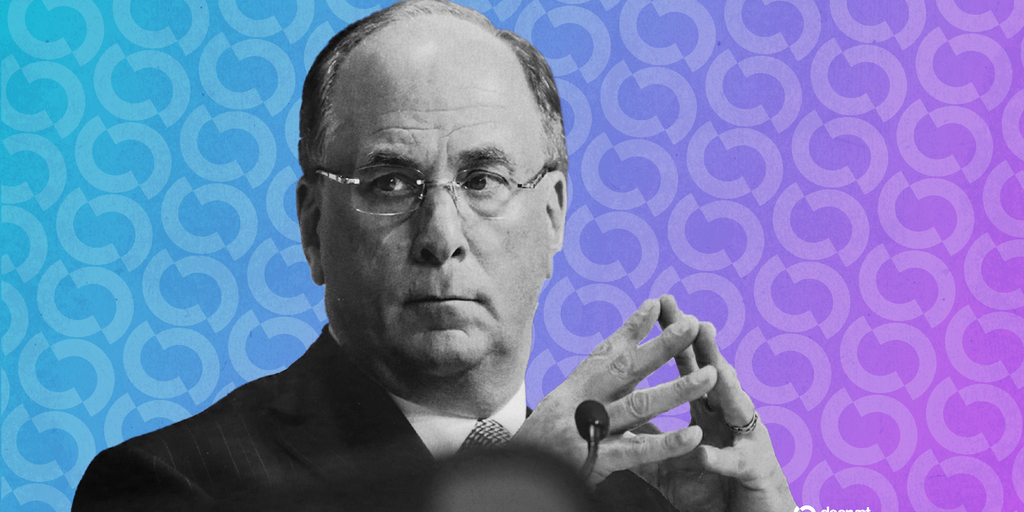
The world of finance is on the brink of a transformative revolution, as BlackRock, the largest asset manager globally, prepares to bring traditional investment vehicles onto blockchain technology by tokenizing exchange-traded funds (ETFs) and other real-world assets (RWAs). This ambitious move could change the way we perceive and interact with investments forever.
What Does Tokenization Mean for Finance?
Tokenization is the process of converting real-world assets, such as stocks, bonds, or funds, into digital tokens on a blockchain. These tokens represent ownership and can be traded more efficiently in a decentralized financial system. According to recent reports, BlackRock is seeking regulatory approval to tokenize ETFs, an initiative that builds on its prior success with BUIDL, a tokenized cash management product launched with Securitize in 2024.
How Tokenized ETFs Lead the Charge
This innovation could be a watershed moment for the financial industry. By bringing ETFs and similar assets on-chain, it opens up unprecedented opportunities for investors by enhancing transparency, reducing transaction times, and lowering costs. In Q2 of 2025 alone, the sectors BlackRock is targeting represent a market worth over $12.5 trillion. This shift not only modernizes traditional finance but also expands the cryptocurrency market as more assets transition onto blockchain networks.
The Ethereum Advantage
Industry experts point out that Ethereum is likely to be the biggest beneficiary of this shift. As a leading blockchain for decentralized applications, Ethereum has already demonstrated its robustness and efficiency in handling tokenized assets. Products like BlackRock’s BUIDL operate on Ethereum, which means that further adoption by mainstream finance could significantly drive up the value of Ethereum as an ecosystem.
Impact on Crypto and DeFi Assets
The tokenization of ETFs could increase demand for stablecoins and decentralized finance (DeFi) assets. Unlike speculative investments, these assets will benefit from the significant liquidity that large-scale tokenization will bring. Their adoption in collateralized lending, borrowing, or staking illustrates their utility in an evolving financial environment heavily tied to blockchain technology.
A Product Recommendation to Explore Tokenization
If you’re curious about tokenization and the technology behind it, consider exploring the Ledger Nano X hardware wallet. It’s a trusted tool to securely store your digital assets, including tokenized offerings like ETFs. This reliable product has gained acclaim for its advanced security features and ease of use, making it ideal for both beginners and seasoned investors in the space.
Conclusion
With BlackRock leading the charge toward tokenizing mainstream asset classes, the financial world is set to enter a new era of innovation. From improving accessibility to increasing liquidity, the benefits are enormous and could further integrate traditional finance with blockchain technology. As we await regulatory approval for this groundbreaking initiative, it’s clear that blockchain’s role in shaping the future of finance is only just beginning.






